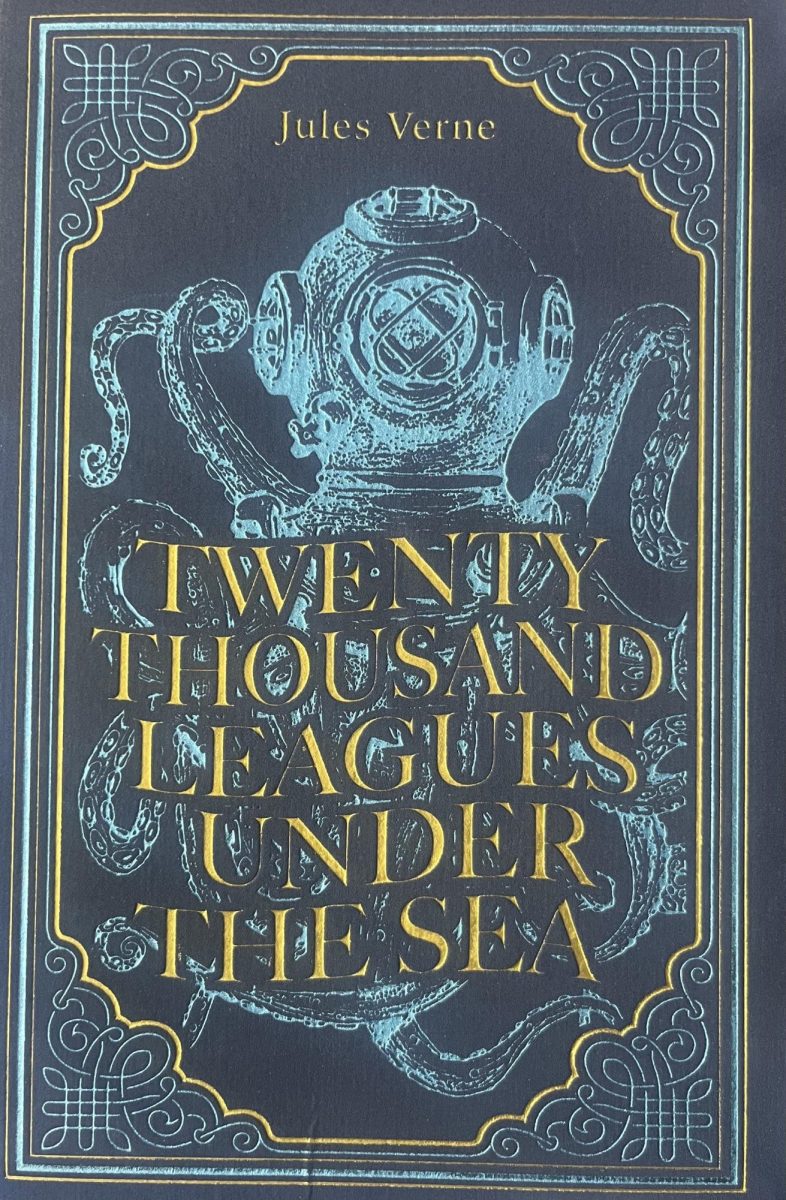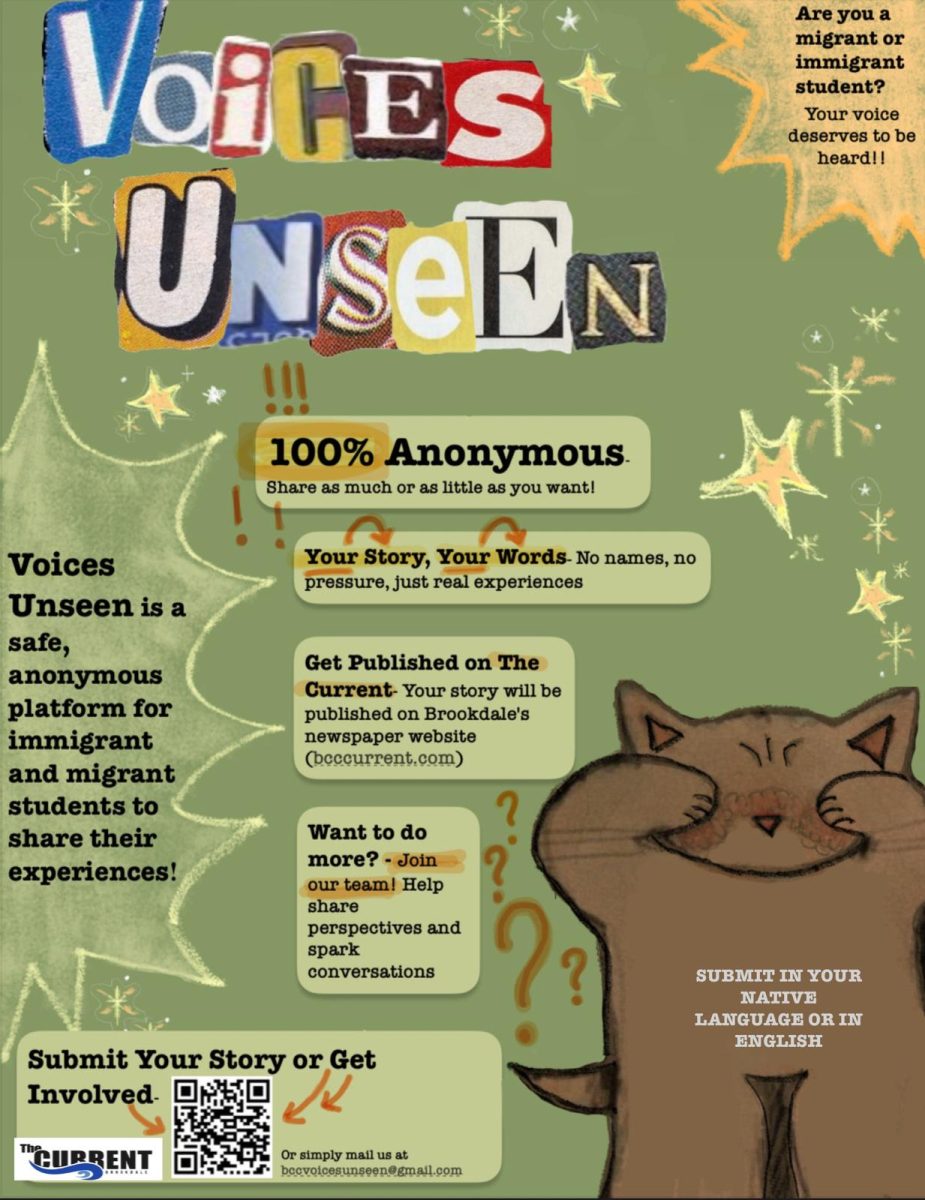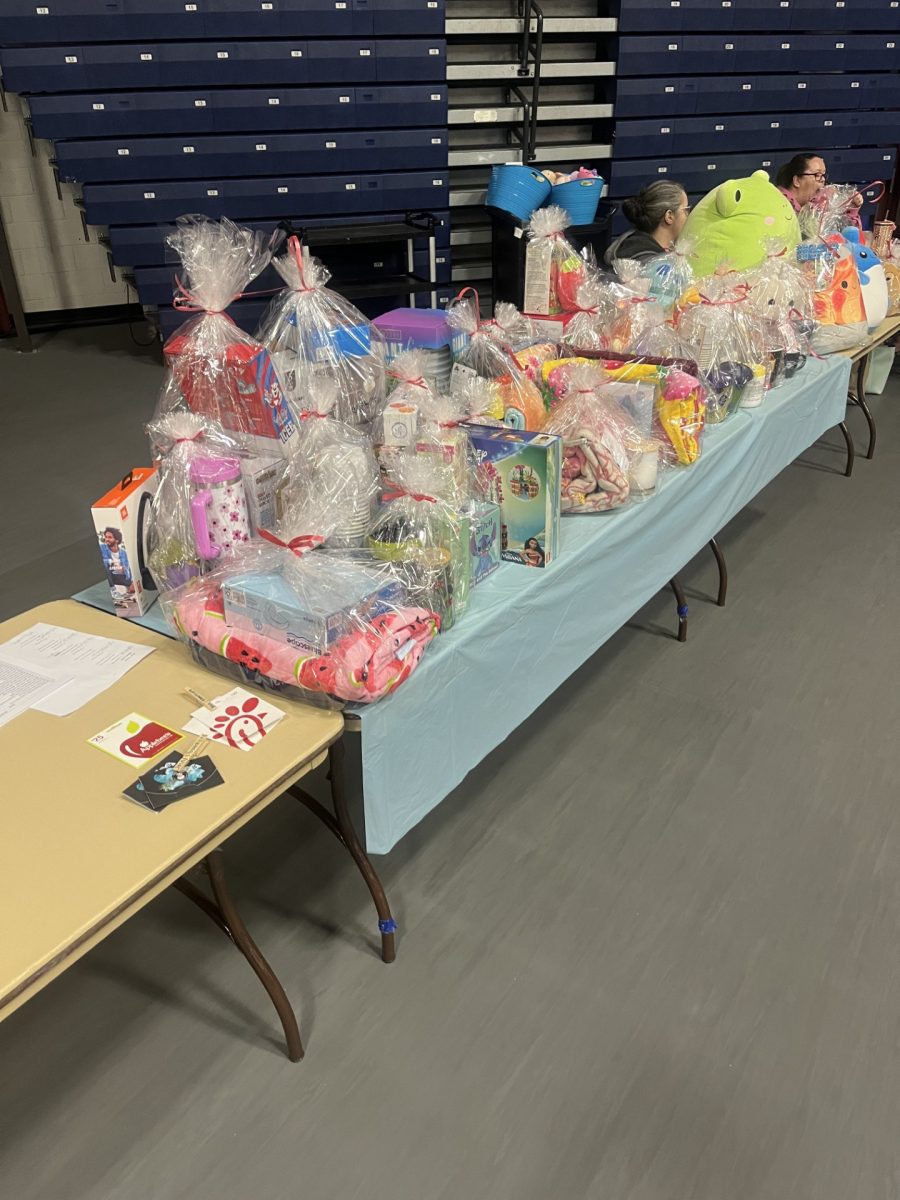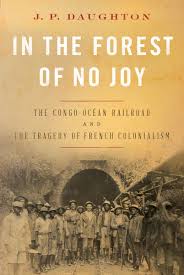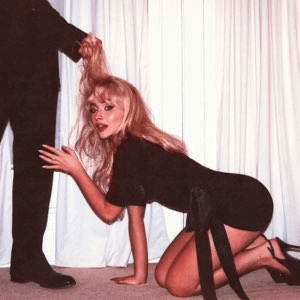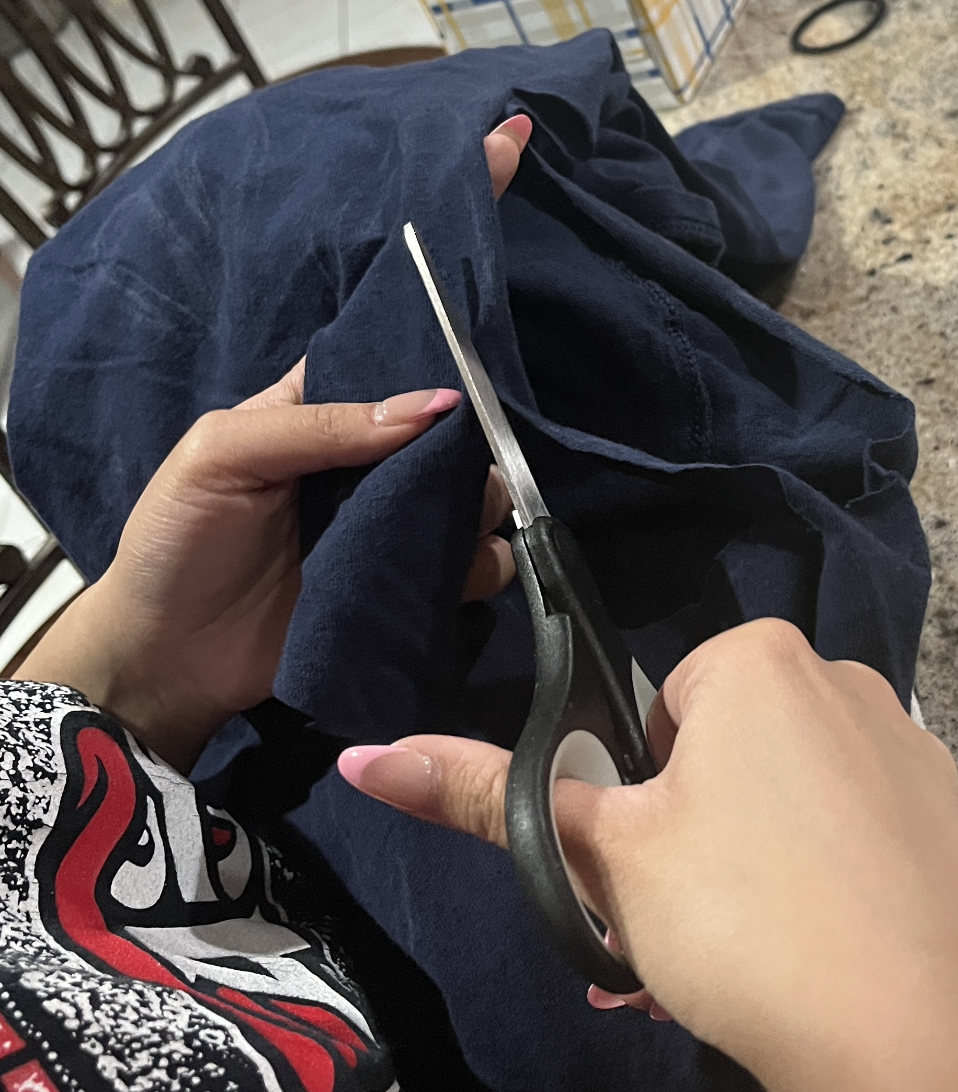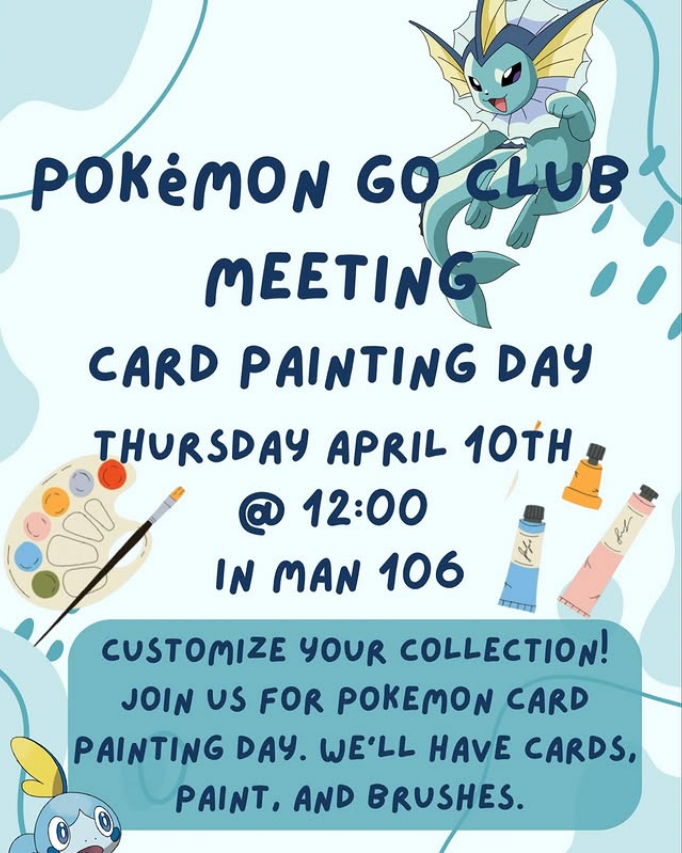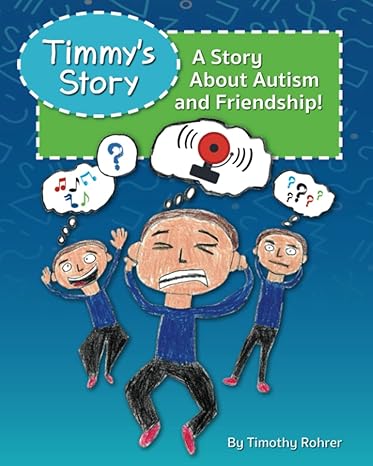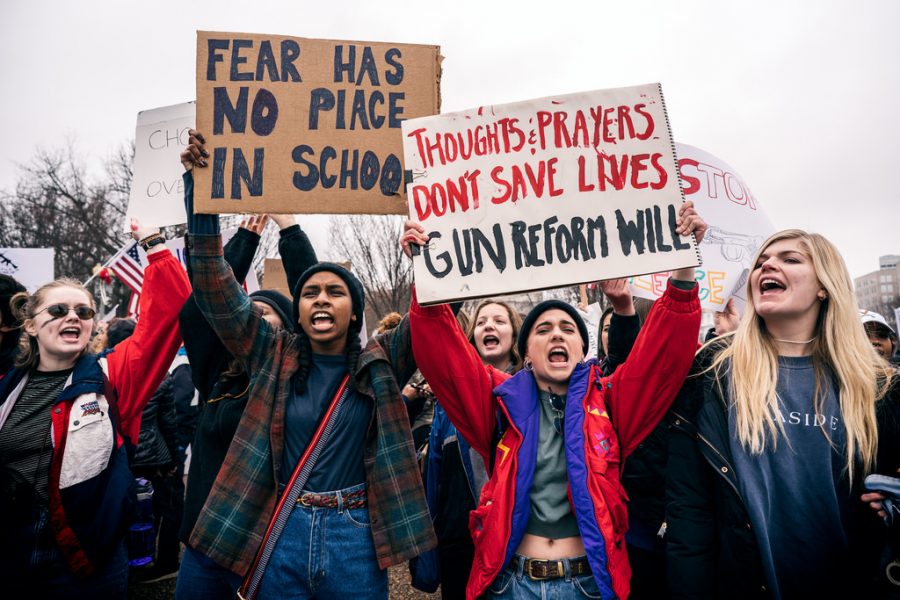Good News: Student Activism in the Face of Adversity
Thoughts and Prayers Don’t Save Lives, student lie-in at the White House to protest gun laws
Following the recent tragedy in Parkland, Florida, survivors have made sure their voices are heard. Many of these survivors are students of Marjory Stoneman Douglas High School. The primary focus is to bring forward solutions to end mass-shootings in the United States.
More specifically, students of the school are calling for gun reform. Regardless of your personal opinions, one thing is clear: The students and their decisions to speak out should not be disregarded.
Perhaps some of the most troublesome rhetoric comes from a narrative that the students are “crisis actors,” part of a false flag. Put simply, this claim is unfounded and grossly insensitive. It denies the painful realities of these students in order to discredit proposals for gun reform.
Their opinions are being disregarded for various other reasons, including but not limited to: political agendas, their age and the time at which they chose to speak out. Bill O’Reilly tweeted, “The big question is: should the media be promoting opinions by teenagers who are in an emotional state and facing extreme peer pressure in some cases?”
First, the media is not exploiting the opinions of students. The students who speak out are making the conscious decision to be on television, often with the consent of their parents. It is highly likely that the media would still air this material, regardless of which politics aligned with student opinion. Would there be a difference in which media outlet reports the opinions? Maybe. But regardless, some form of media inevitably would (and should) give the students a platform because after all tragedies those affected are interviewed.
Additionally, age does not necessarily diminish the value of opinion. Throughout our educational careers, we gather information to draw our own conclusions. Discounting opinion based on age is completely counterintuitive and goes against what we have been encouraged to do our entire lives.
Now, the students of Stoneman Douglas have certainly done their research and are drawing conclusions involving gun control. Do their opinions suddenly become less valid just because they happen to have political leanings? Is the courage to speak out praised only when the words we hear fulfil our confirmation bias? Alternatively, if these survivors drew conclusions that aligned with the right-wing, it would still be both distasteful and regressive to silence them.
Interestingly enough, the silencing of opinion is actually undemocratic. I’d propose that at the root of their argument is public safety- the ability to feel safe within a public space, whether that be a school, movie theater, etc. Yes, their movement for change criticizes politicians and the NRA- they are allowed to do that. However, their movement, as a whole does, not tout hate speech. Their speech is well-intentioned and isn’t endangering. Therefore, it is protected by the First Amendment.
O’Reilly also references their “emotional state.” The validity of activism directly after a tragedy should not be questioned. The conversation about gun reform is not new and has been circling America for years now.
Despite these criticisms, the students continue to demonstrate relentlessness in their own lives and in the public eye. They have advocated for their cause and organized for solutions at their recent town hall and the White House’s listening session.
They have brought civic engagement back to the forefront through social media platforms and speeches during rallies. Not only that, but they are motivating other students around America to question who they will be voting for during the coming elections. Currently, they are a part of the planning for a nation-wide peaceful protest, the “March for Our Lives” on March 24th.
The success or their efforts (though there is still a long way to go) exemplifies the power of student activism, which has largely been a force for good will in the world. It has shown that comparatively younger citizens can be articulate, resilient, and proactive.
So, here’s the good news: student activists (whether they be in Stoneman Douglas, Brookdale Community College, or anywhere around the world) are here, they’re here to stay, and they won’t be silenced.
This article is a part of the Good News column.


